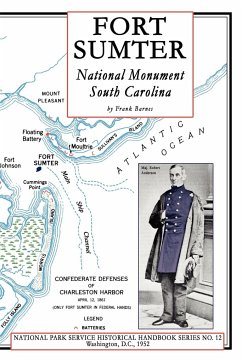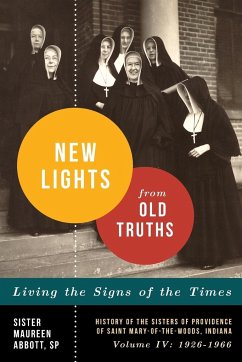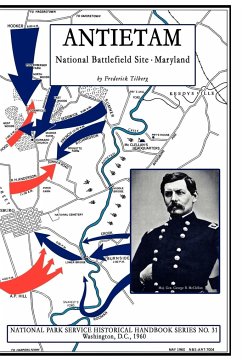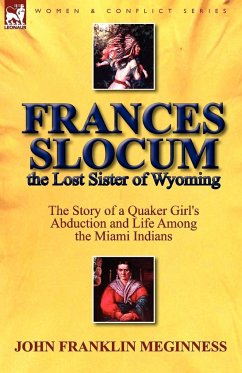Nicht lieferbar
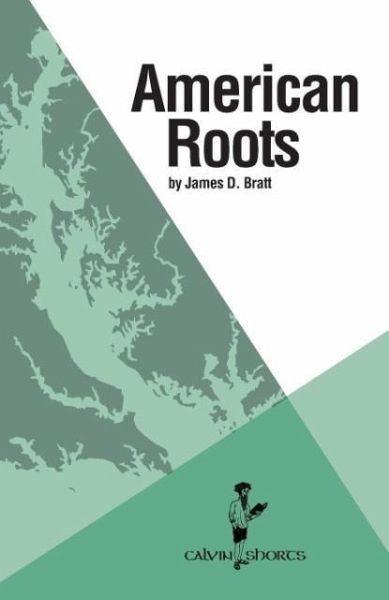
American Roots
Versandkostenfrei!
Nicht lieferbar
This book stems from the course on early American history that Professor Bratt taught for many years at Calvin College. It traces the roots of American diversity back to the earliest European and African settlements along the Atlantic shore. It follows the development of five distinct regions that would eventually converge in the young United States, identifying the strengths, vulnerabilities-and arguments-that each contributed to the new nation. "American Roots is a gem of a book. Instead of seeing "the American colonies" as a whole, author James Bratt shows how remarkably different the colon...
This book stems from the course on early American history that Professor Bratt taught for many years at Calvin College. It traces the roots of American diversity back to the earliest European and African settlements along the Atlantic shore. It follows the development of five distinct regions that would eventually converge in the young United States, identifying the strengths, vulnerabilities-and arguments-that each contributed to the new nation. "American Roots is a gem of a book. Instead of seeing "the American colonies" as a whole, author James Bratt shows how remarkably different the colonies' five main regions—New England, Middle Colonies, Chesapeake, Lower South and Back Country—were in their development and defining moments. Each put its unique stamp, for good and ill, on what it means to be an American today. This is one powerful little book, full of insights for Americans who want to know themselves and for anyone else who wants to understand Americans." —Joel Carpenter, Nagel Institute, Calvin College "James Bratt has distilled a lifetime of study and teaching into this one Calvin Shorts. For an efficient, clear, balanced, readable—but above all, reliable—introduction to colonial American history, it is hard to imagine a better book." —Mark Noll, author In the Beginning Was the Word: The Bible in American Public Life, 1492-1783 "James D. Bratt's American Roots offers a brisk, engaging review of the often grim realities of early America, and those realities' enduring significance in our national life. Readers will find Bratt a sure guide and a judicious interpreter of these controversial issues." —Thomas S. Kidd, Distinguished Professor of History, Baylor University "This slim volume is at once a masterful primer on colonial America, a lively exemplar of historical thinking, and a pocket guide to understanding the tensions and ideals that created and continue to shape the American nation. Crisply written and chock full of colorful bits of wisdom and insight, Bratt’s book is ideal for the classroom or for a quiet evening at home." —Kristin Kobes Du Mez, author A New Gospel for Women: Katharine Bushnell and the Challenge of Christian Feminism "I am really impressed with Jim’s ability to pack so broad a story into so tight a package. The book covers a huge amount of ground in a manner that is unified, coherent, and accessible. It accomplishes its purpose admirably . . . . the introductory chapter explains a historians work in terms about as clear as he could make them to a high school student. I wish every student in the US—and most teachers—had a copy of this book just for this purpose alone." —Timothy D. Hall, Associate Dean and Professor of History, Central Michigan University










